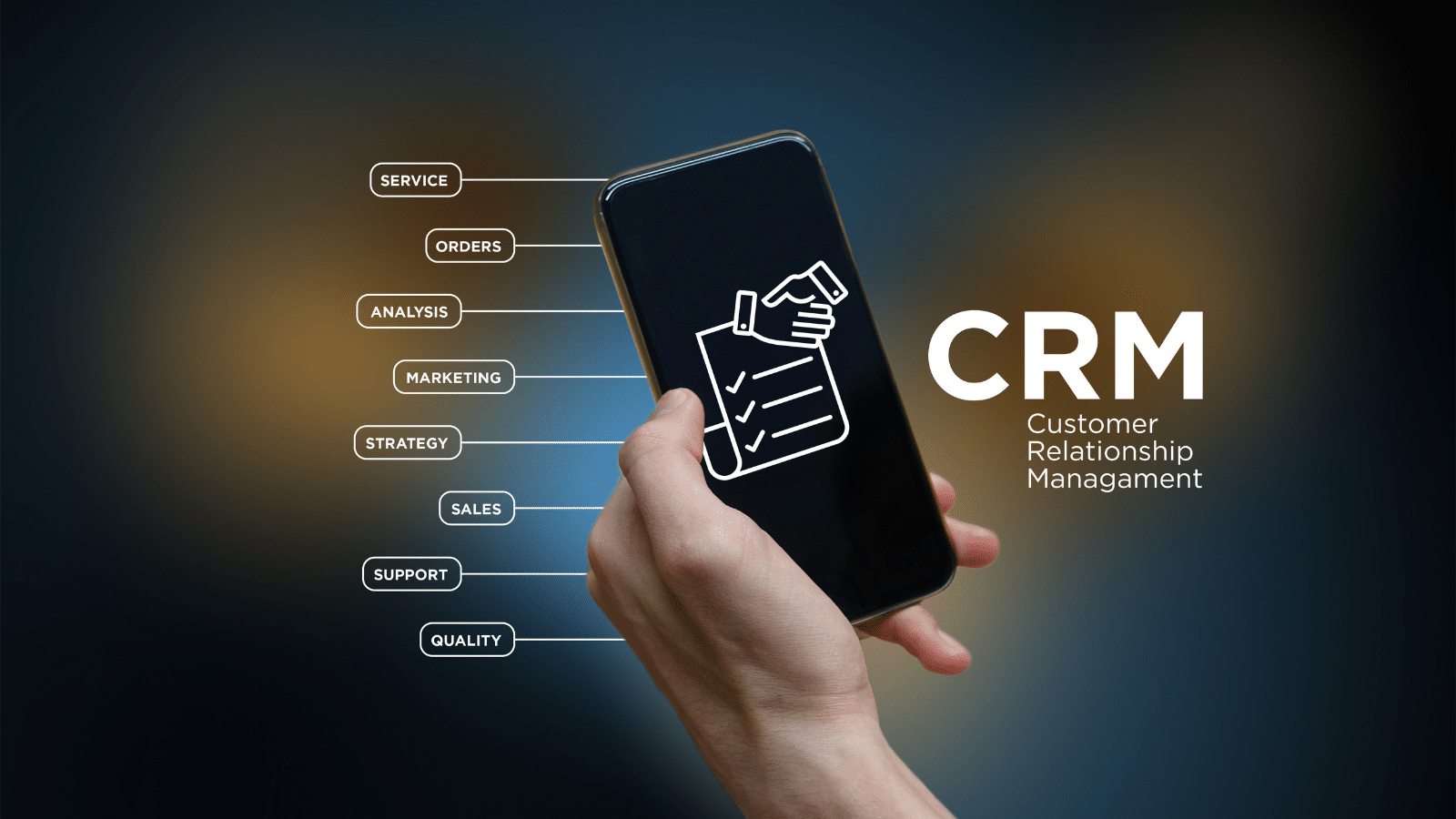The purpose of a CRM (Customer Relationship Management) system is to efficiently manage all data and communication related to your customers or clients. By consolidating all customer related information in one system, your business is able to view and leverage all customer information in one place. A common misconception about CRMs is that they are only used by Sales teams. Many industry leading CRM systems such as Salesforce allows your business to manage much more than your sales pipeline. From inventory management to customer support, a large share (if not all) of your business processes can be hosted on a well configured CRM system.
Are you thinking of adopting a CRM or replacing an existing one? Choosing the perfect vendor who will meet your company’s needs can be a daunting task. Therefore, we have prepared an overview of the main aspects that should be considered when selecting a CRM vendor.
Ease of use and ease of access

One of the biggest reasons why CRM implementations fail is poor user adoption. The ultimate goal of your CRM is to make the data entry and management as seamless and easy as possible, so that your teams can create value without spending hours entering data into the system. Therefore, ensuring that your CRM provider offers a seamless user experience and interface is key.
In addition, you will want to ensure that your CRM can be accessed from anywhere, on desktop and mobile. This ensures that your teams are able to edit the data in the system on the fly and when they require it, right now and right there.
Seamless connectivity to other apps
The second aspect to pay close attention to when selecting a CRM are the connectors available with other systems. It is likely that some of your business processes will continue to reside outside of your CRM but that your data should be connected. A prime example of this situation is where your teams send emails to customers via their Gmail or Outlook inbox, but contacts and emails should be recorded and visible in the CRM.

CRM providers such as Salesforce already have hundreds of connectors available for your leverage when connecting systems together. That way, you avoid having to write heavy integrations which may require substantial development resources.
Best in class reporting capabilities

Holding valuable data in your CRM is great, but it is useless to your teams if they are not able to analyse and draw insightful conclusions from it. The flexibility and the ease of use of the reporting capabilities of a CRM should therefore be highly considered.
Scalability
The needs of your company will evolve over time, and so should your CRM. Many industry-leading vendors such as Salesforce will offer a variety of subscription types, allowing you to upgrade when your company is ready for it. Choosing a Cloud-based solution also means that the server size required for your data grows with you, without having to worry about increasing server space if you were to host your CRM on-premise.
Top notch support

As with most things in life, a CRM comes at a cost. Thankfully, the market offers solutions for all budget sizes. When selecting which CRM solution to go for, it is recommended to estimate the benefits against the costs related to each of the CRM vendors you are considering in order to make an informed decision. The benefits can be estimated based on the following aspects: the value of the expected increase in sales, the monetary value of the time savings linked to increased efficiencies from the new system and any previous system costs being absorbed by the new platform (for instance, any tools that are being replaced by the new CRM).
When estimating the costs linked to the new CRM, the following aspects should be considered: license costs, cost of implementation, training costs, costs of integrations, costs of future upgrades, ongoing maintenance and support. When selecting the vendor, you typically want to select the one providing the largest amount of benefits in relation to costs.
Trust in your implementation partner
If you are working with an implementation partner to implement a CRM, your teams will have to work very closely with this implementation partner during the duration of the project. Therefore, finding a partner which you trust and are confident they will collaborate well with your teams is important, because when great people work together, magic happens.

We hope this information was helpful in your approach to choosing the right CRM. If you’d like to find out more then please reach out to us at hello@triggdigital.com
- Sustainability & Digitalisation: How do we make our tech greener? - October 18, 2021
- Considerations when choosing a CRM - September 13, 2021
- Our top 5 features coming to Service Cloud in Winter ’22 - August 25, 2021



